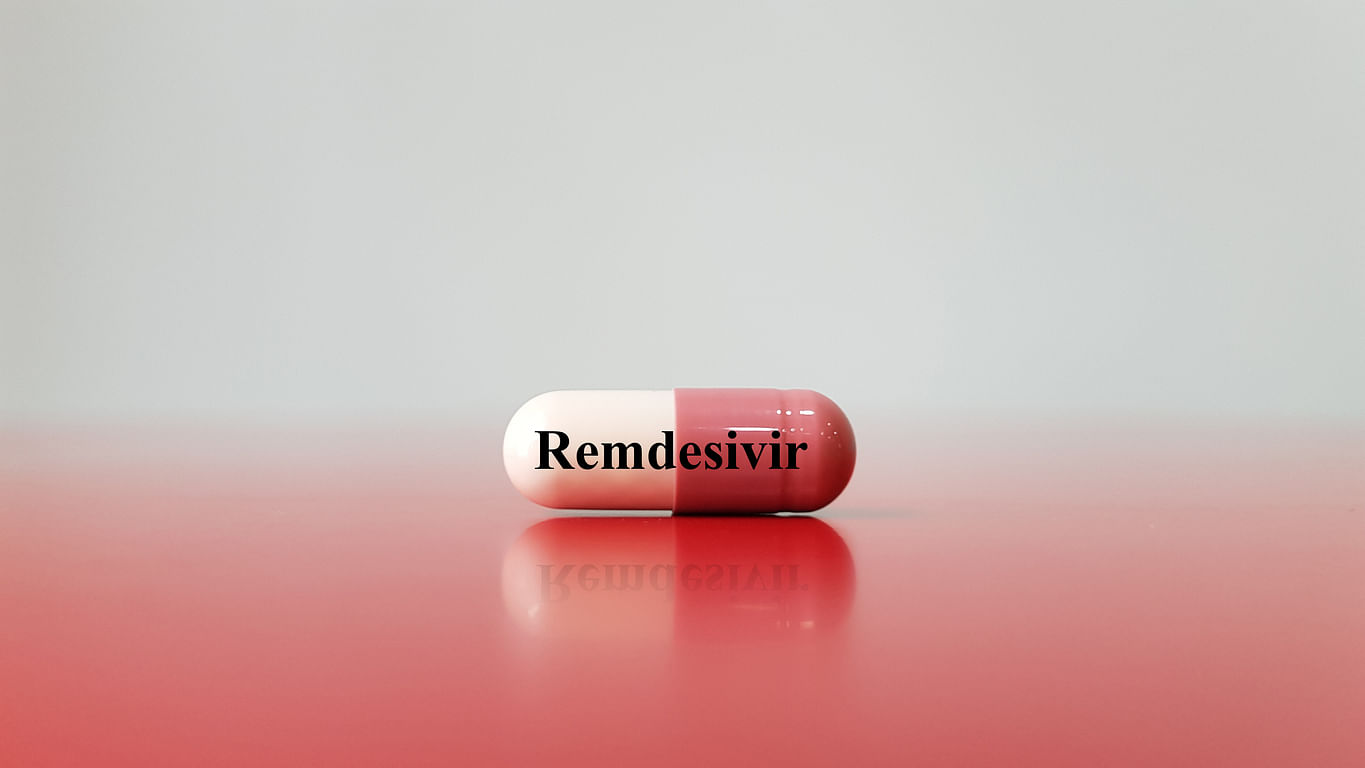Remdesivir, the first drug shown to be effective against the coronavirus, will be distributed under an unusual agreement with the federal government that establishes nonnegotiable prices and prioritizes American patients, health officials announced Monday.
The arrangement may serve as a template for the distribution of new treatments and vaccines as the pandemic swells, said Ernst Berndt, a retired health economist at the Massachusetts Institute of Technology Sloan School of Management.
Remdesivir will be sold for $520 per vial, or $3,120 per treatment course, to hospitals for treatment of patients with private insurance, according to the Department of Health and Human Services and Gilead Sciences, the drug’s manufacturer.
The price will be set at $390 per vial, or $2,340 per treatment course, for patients on government-sponsored insurance and for those in other countries with national health care systems.
The drug will be sold only in the United States through September, meaning U.S. patients will receive almost the entirety of Gilead’s output, more than 500,000 treatment courses.
HHS and state health departments have been allocating the drug to hospitals nationwide based on need. After September, they will no longer have a role in determining where the drug is sent.
“This is a U.S.-first policy,” said Rena Conti, a health care economist at Boston University. “Access is guaranteed to the U.S., but worldwide demand could potentially outstrip supplies.”
“I am unaware of any other policy except perhaps in bioterrorism drugs where there might be country-specific supplies,” she added.
Remdesivir is so far the only treatment shown to speed recovery time in severely ill coronavirus patients. A large clinical trial, sponsored by the National Institutes of Health, found that the drug modestly shortened recovery time by four days, on average, but did not reduce fatalities.
The drug’s eventual cost has always been uncertain. “There is no playbook for how to price a new medicine in a pandemic,” Daniel O’Day, chief executive of Gilead, said in a statement.
Since the drug’s emergency authorization, Gilead has donated remdesivir to hospitals for treatment of patients with Covid-19, the illness caused by the coronavirus. The last shipments of donated drug were distributed Monday.
The new pricing is not exorbitant, many experts said. Other promising drugs now in late-stage testing are already on the market for other purposes, Conti noted, and cost several times more than remdesivir.
The Institute for Clinical and Economic Review, a nonprofit group that calculates fair prices for drugs, estimated that Gilead would need to charge $1,600 per regimen to recoup its costs. But as much as $5,080 per treatment course would still be a cost-effective price for insurers, given that patients would be able to leave the hospital sooner.
Critics have long accused Gilead of overcharging for groundbreaking drugs, including the first hepatitis C cures and Truvada, a daily pill to prevent HIV infection.
In a statement Monday, the Institute for Clinical and Economic Review warned, “Gilead has the power to price remdesivir at will in the U.S., and no governmental or private insurer could even entertain the idea of walking away from the negotiating table.”
But since many Wall Street analysts were expecting the drug to cost about $5,000 for a course of treatment, the lower price “can be viewed as a responsible decision from Gilead,” the institute added.
Public Citizen, the consumer advocacy group, described the new price as offensive, noting that remdesivir was developed with more than $70 million in public money.
But Jalpa Doshi, of the University of Pennsylvania, noted that one benefit of remdesivir might be intangible. “This treatment and others as well as vaccines may help reduce fear of the virus, an important factor in accounting for its value,” she said.
Just as unusual as the pricing of remdesivir will be its distribution.
The plan is for Gilead to ship the drug to AmerisourceBergen, one of several drug wholesalers that fulfill orders from individual health care providers like hospitals. Until the end of September, AmerisourceBergen will provide remdesivir to hospitals according to need, as described by state health departments and the Department of Health and Human Services.
After September, “once supplies are less constrained, HHS will no longer manage allocation,” Gilead said. It is not clear how patient need will be factored into distribution decisions at that point.
An earlier effort was a fiasco. After remdesivir received emergency authorization in May, Gilead used AmerisourceBergen to allocate the drug. Needy hospitals received none, while hospitals with few coronavirus patients received supplies unasked. HHS and state health departments stepped in to coordinate distribution instead.
The new plan “lets Gilead off the hook,” Berndt said. If there is more demand than supply this fall, Gilead will not be blamed for decisions about who gets the drug and who does not.
A Department of Health and Human Services official said Monday that remdesivir would not be stockpiled for the fall, and Gilead said that there would be an adequate supply for all American patients who need it.
But no one really knows what will happen after September, Conti said: “We will see how access gets rolled out and assured.”
